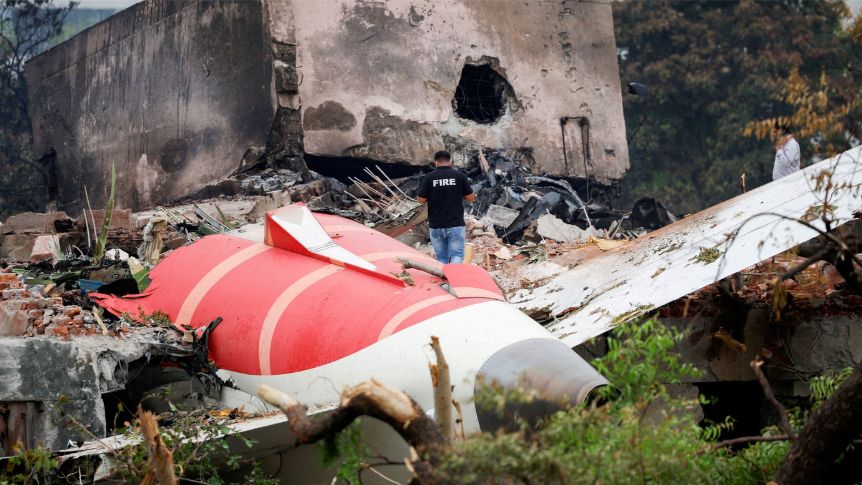New Delhi, June 19, 2025 — Indian aviation authorities are expected to send the black box from the recently crashed Air India Boeing 787 Dreamliner to the United States for expert analysis, as reported by The Economic Times.
The flight data and cockpit voice recorders, also known as black boxes, were severely damaged in the aftermath of the crash, making it impossible for Indian investigators to retrieve data locally. The National Transportation Safety Board (NTSB) in Washington will now take over the task of data extraction. Officials from India’s Aircraft Accident Investigation Bureau (AAIB) and the UK’s Air Accidents Investigation Branch (AAIB-UK) will also be involved in the process.
The crash, which occurred near Ahmedabad, claimed the lives of 241 passengers and more than 30 people on the ground, making it one of India’s most tragic aviation disasters in recent years.
However, there appears to be conflicting information. While Indian media reports suggest the black boxes will be sent abroad, the Director General of India’s AAIB, G.V.G. Yugandhar, has called these reports “factually incorrect,” without offering further clarification. Air India has not released an official statement.
The black boxes—comprising the Flight Data Recorder (FDR) and Cockpit Voice Recorder (CVR)—are critical to understanding what went wrong. The FDR logs technical flight details like speed, altitude, and engine performance, while the CVR captures cockpit conversations and warnings.
Due to the thermal damage from the post-crash fire, retrieving usable data may take weeks. Experts in Washington will assess whether the memory modules can still provide insight into the sequence of events leading up to the crash.
Investigation Underway
- A multinational investigation team involving India, the US, and the UK is forming to analyze the data and determine the cause.
- India’s Directorate General of Civil Aviation (DGCA) has initiated a fleet-wide inspection of all Boeing 787 aircraft operating in the country.
- A preliminary report is expected within a few weeks, with the final findings likely to be released in several months.
This incident has renewed global scrutiny on aviation safety standards and aircraft maintenance protocols, especially concerning long-haul wide-body jets like the Boeing 787.


